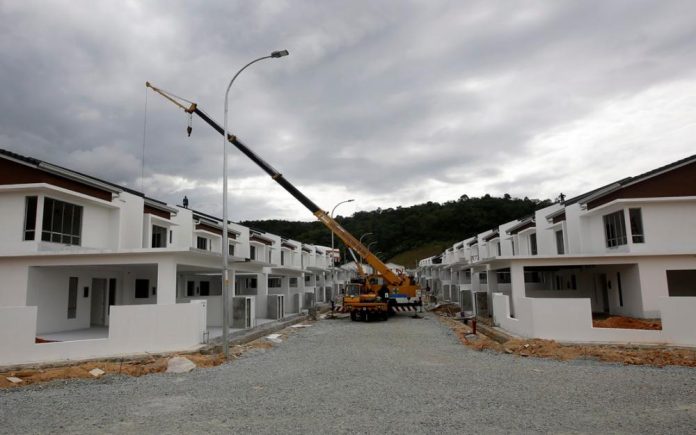KUALA LUMPUR: Malaysia’s property market is entering an upcycle on the back of stable government as well as the Asean chairmanship, according to Knight Frank.
Knight Frank executive director of research and consultancy Amy Wong said 2025 is expected to be a “good year” for the property sector.
“Malaysia currently has all its chess pieces in place. We have a stable government, a prime minister people recognise, and a group of ministers driving foreign investments. Our strategic location in Southeast Asia remains a key advantage, and with the Asean chairmanship, we are showcasing Malaysia as ready and open for business,” she told the media at the 18th Bursa-HLIB Stratum focus series titled “Property sector: Entering a new cycle” recently.
Wong said Malaysia is positioned as one of the most attractive markets in the region outside Singapore.
“Singapore is often compared to global financial hubs such as Hong Kong and Tokyo. But within the rest of Southeast Asia, Malaysia is very well-placed,” Wong said.
She emphasized the country’s strategic advantages, including its relative safety from natural disasters as it lies outside the Pacific Ring of Fire.
“We have everything going for us, and we’re actively sharing this story with the world,” she added.
“With these factors in place, I believe 2025 will be a positive year for the property market,” Wong remarked.
She identified industrial property as a sector likely to see continued growth on the back of government policies encouraging foreign direct investments (FDI).
“FDIs drive the economy through manufacturing plants and multinational corporations setting up operations here.
“Key areas benefiting from this include the Klang Valley, Johor with its strong port connectivity to Singapore, and the electronics hub in Penang and Kedah,” she said.
Wong also addressed the impact of US restrictions on AI chips that could slightly temper the rapid growth of data centres but not derail their upward trajectory.
“The demand for data centres stems from increasing cloud computing needs, daily internet usage, and essential services like banking and e-commerce. While Trump tariffs may slow the spike, the overall trend remains positive,” she said.








